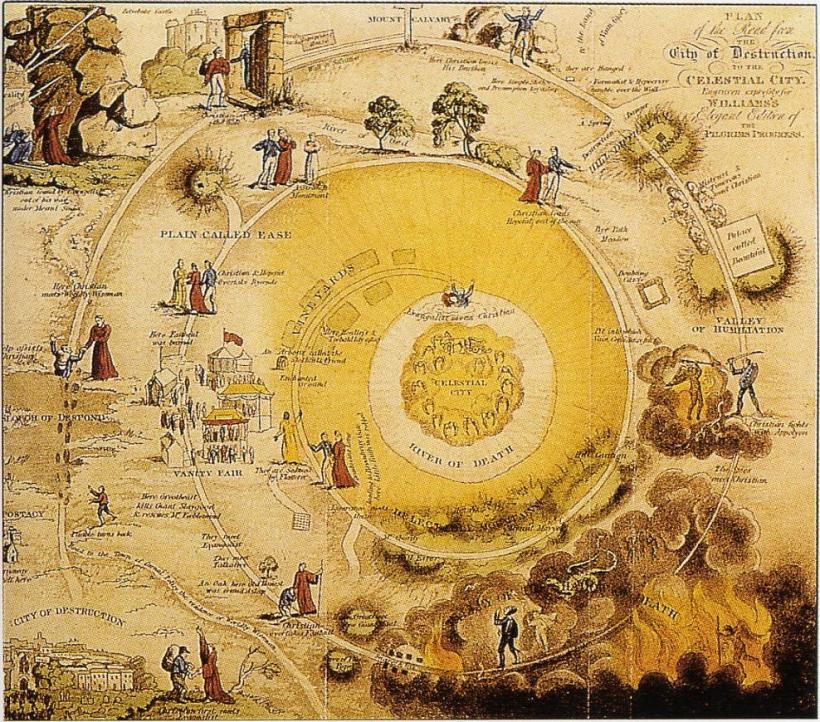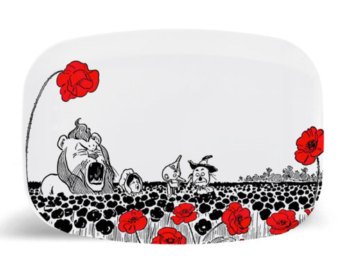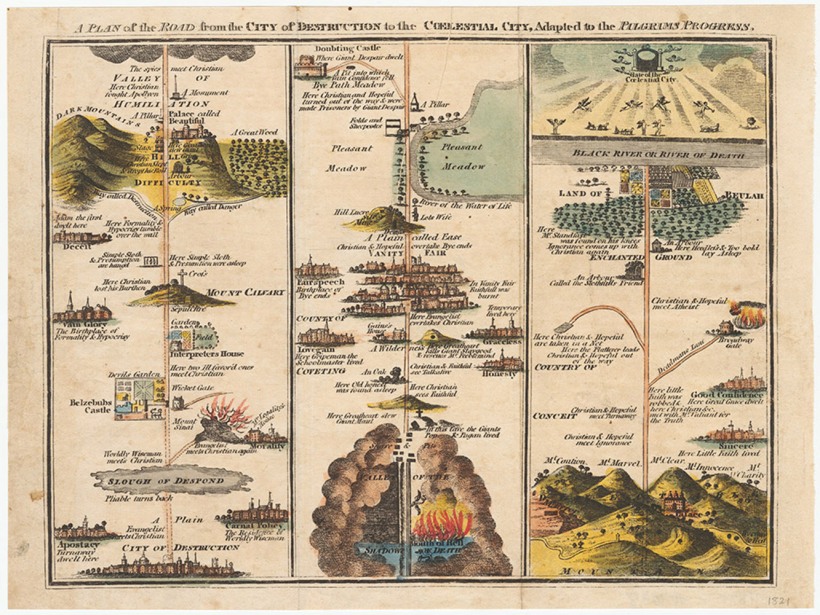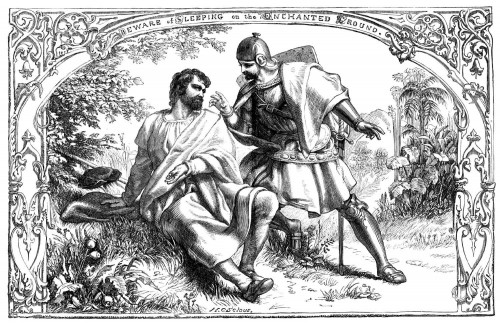to start the year lets begin here with a different map

asked what does re-enchantment mean to me…and it turns to a rant
I challenge the notion of re-enchantment!
To me re-enchantment speaks of an anthropocentric ecology reflecting modern western/enlightenment ideas of landscape, terrain and environment, implying a separation between human and nature, mind and body and cognitive versus embodied knowing.
Re-enchantment implies an action on something that is no longer enchanted and thus some kind of judgment that it needs to be re-enchanted. It resonates for me with a romanticisation of traditional cultures that conceals the impact of colonisation and other inequalities.
It embodies a nostalgia for an ‘enchanted’ past and enchanted registers of knowing. An attempt to reinstate an imagined way of being, a desire to uncritically reconstruct those old ways according to a vision of the past seen from the present. Extending this notion of re-enchantment has the potential to obscure present day contradictions, injustices and the achievements of past struggles. Re-enchantment is the antithesis of becoming accountable. Re-enchantment has the same set of problematics as ‘re-wilding’ proposals have in post industrial colonising countries of the Northern Hemisphere. Ecologies evolve, the designation and removal of ‘pests’ and predators and the nurturing of species as servants and as food for humans is part of the impact of our species in these times known as the Anthropocene. We may wish to review some kind of mitigation of our impact but in my opinion re-enchantment and re-wilding are all part of the same phenomenon trying to roll back a clock that can’t be rolled back (like Brexit!) it is a rhetoric that obscures rather than reveals.
and then the wise stops me in my tracks and says maybe The Anthropocene is the ultimate conceit of our species
…but if you want to talk about feral, count me in!
In short, I don’t really like the word ‘enchantment’. I do, however, recognise that an alertness and sensitivity to the spectral, living and non living things to the currently unknown and that which may never be known in the western academic tradition brings a richer experience of life. I join those who argue that in the Slow we find that enchantment has always been present, its just a different way of knowing.

The idea of enchantment embodied in re-enchantment however, implies some kind of magic or illusion, a mystical control in which knowledge is power held by someone or something other. I think of pantomime and fairy tales, as in Babes in the Wood where children are lost and eaten in the enchanted forest, or in the Wizard of Oz where Lion falls asleep the enchanted poppy fields and almost doesnt discover his courage. There is a macabre element of a spell that needs to be lifted or resisted as in Bunyan’s allegory, Pilgrims Progress, where walking through the Enchanted Lands travellers are seduced to sleep forever never to reach the Celestial City and redemption.
and then the wise stops me again and says:
‘enchantment’ has value at least in countering the rational
We can recover linguistically from enchantment and the equally problematic western romanticisation of indigenous and colonised people’s ontologies by thinking and making work in terms of non modern sensibilities. It this I prefer to do, and believe that, in terms of walking arts, a phenomenological approach may be the way forward, becoming better attuned to our bodies and all our senses, developing intuition and sensibilities towards peripheral intelligence. Deep slow connected understandings. Becoming accountable through the corporeal activity of walking, developing responses to what we sense and learn and thereby becoming response-able as fellow creatures in this life on this planet.

What would disenchanted be like?
I dispute the notion of disenchantment!
It would be interesting to explore the enchantment of the our surroundings and consider what such enchantments obscure or seek to obscure.
A (dis)enchanted space is what becomes if we inhabited it response-ably. Alert to its layers of time and life, responding to it as part of a connected sensing ecology. Aware of the enchantments and illusions whether they are of the Disney English Heritage variety or the romanticisation of old ways. Even field boundaries tell a stories of enclosure and clearance, power and dispossession. Aware of human ownership and contested territory as well as the power of things, the voice of the waters and the surveilled space of the raptor. A space sensing its temporal, spatial and affective intra-connectedness.
I’ll go for a feral space affectively engaged with its past, present and future, relaxed about stuff unknown or perhaps stuff humans have yet to find a way to articulate. Maybe thats our role as artists finding ways of articulating and manifesting that stuff. Becoming accountable. Slower more respectful. Still learning how to be with each other as we evolve. Still discovering and generating new knowledge. Non-modern. Still working on it but better connected. Hanging on for dear life as the planet spins!

…and maybe its is the ultimate mind trick of the Enlightenment…..it has deprived those who have grow up in its hegemonic thrall of the ability to experience awe.
A thought habit that needs to change.

